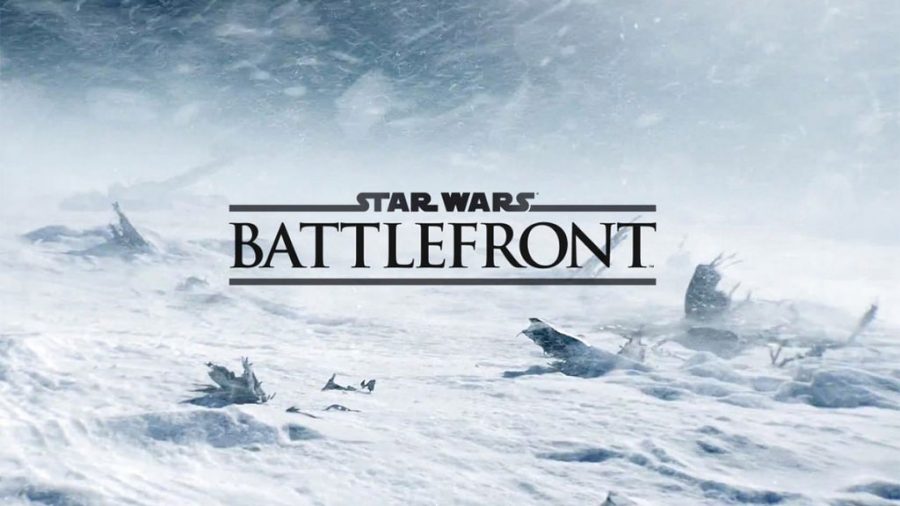Last month, publisher Electronic Arts released their awaited game, “Star Wars Battlefront 2.” It looked to correct the flaws with the highly criticized first installment. Some promises of improvements were fulfilled, but the large developer made one grave error in their game: implementing obnoxious microtransactions.
Microtransactions are extra charges that video game developers put in place in order for users to access certain parts of a game. Microtransactions can unlock content someone can earn with play time, or they can unlock content that is locked unless the user pays.
When I buy a product, I expect to have access to everything it offers. While add-ons are commonplace in many industries, such as the cell phone industry, there are times when corporations go too far with their charges. One industry where this is a major problem is the video game industry.
In this instance, EA put a paywall on some of the playable characters in the game, so users had to pay real money in order to get immediate access to them. While these characters were still accessible if the person decided to put a lot of time into the game, they could be accessed immediately if the user decided to pay extra money.
This decision was met with an incredible amount of backlash from the community. An EA developer’s response on Reddit became the most down-voted comment in the history of the website. But it doesn’t end there. It was reported that EA lost nearly $3 billion in stock value after the backlash. In response, EA decided to remove all incriminating microtransactions from their game. Whether these charges will be returned to the game or not is left to be seen.
This response was a long time coming. Perhaps EA, who is no stranger to heavy criticism (they were voted the worst company in America in 2013) had to be the sacrificial lamb for this. In reality, EA is not the only publisher that has been overusing microtransactions.
Though there are several issues with microtransactions, they are not illegal in any way. There isn’t any sort of regulation or restriction that prevents video game companies from doing whatever they can imagine with microtransactions or downloadable content. The gaming industry can do something about this situation before the government steps in. But in order to do that, these companies need to realize how unethical these microtransactions are.
One of the most insulting aspects of microtransactions, such as the ones in “Battlefront,” is that the game itself is not free. It totes a full $60 price tag, which is a normal price for video games, but should be enough to exclude microtransactions that affect the game. This creates the principle of “pay to win,” meaning that users can pay extra to gain a larger advantage. In this case, players can simply purchase characters that instantly make them better instead of earning them after a certain amount of time. This principle is OK in free games, but it’s unacceptable with paid games.
With that said, microtransactions are not all bad. There are some microtransactions that do not have a direct effect on gameplay. These are called cosmetic microtransactions. Cosmetic microtransactions can alter something about the game that doesn’t have a direct effect on the outcome of the game, such as different outfits for a player’s character. These are acceptable forms of microtransactions, even in games that cost money. The reason being that they can’t give the player an advantage in any way. Video game companies should rely more heavily on implementing these.
The type of charges that affect gameplay in paid games are unfair to the consumer. When I pay money for a video game, I expect to have access to all of its base content. Having a system where one can simply buy something instead of having to earn it defeats the purpose of the game entirely. Why spend any time playing a game, trying to earn something, when you can just pay an extra $10 and get it immediately? Microtransactions destroy the whole purpose of working toward something.

